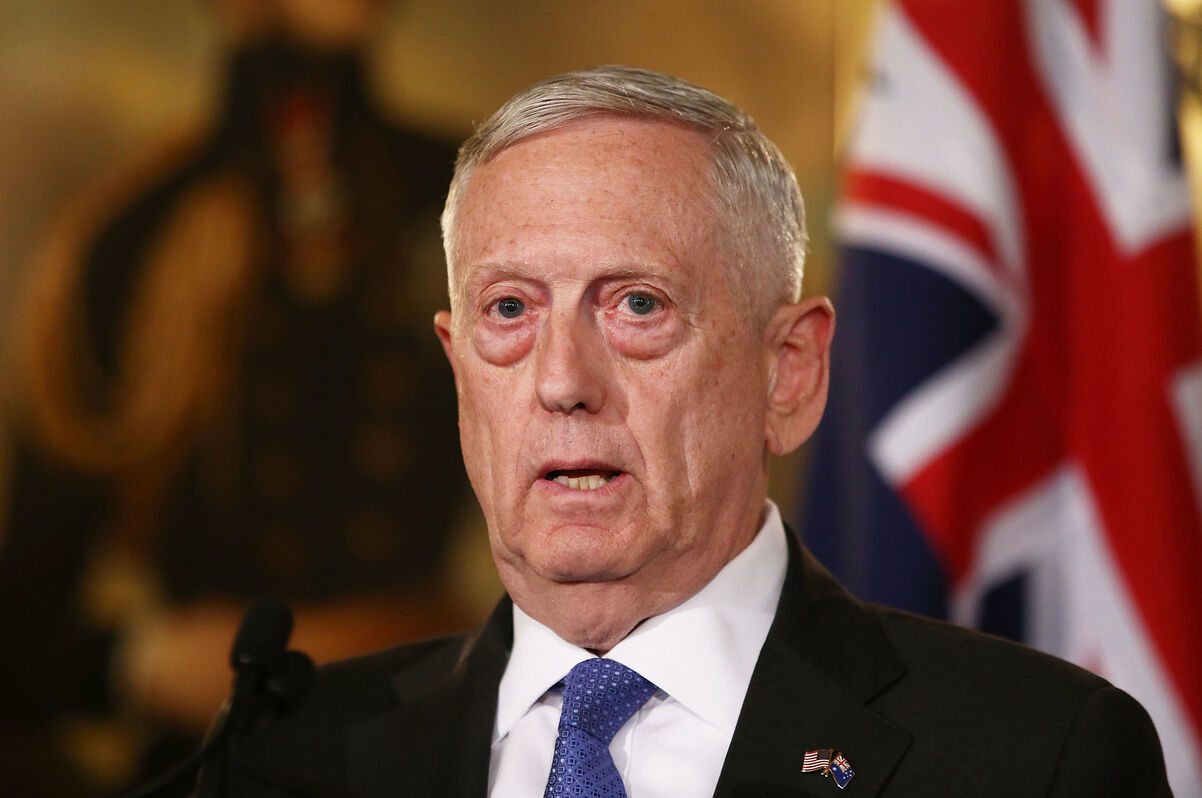A ban on trans military service introduced Friday gives Secretary of Defense James Mattis “wide discretion” in removing active duty troops, as the New York Times reports.
President Donald Trump signed a memo that put into practice a promise he made on Twitter in July to prevent trans people from enlisting in the armed forces. The Commander-in-Chief tweeted that the military “must be focused on decisive and overwhelming victory,” alleging that allowing trans people to serve would entail “tremendous medical costs and disruption.”
Reports indicate that the memo instructs the Pentagon to begin executing the president’s wishes. The target date for full implementation is March 23, 2018, just shy of seven months from today.
But what’s unclear from the ban is how it will impact trans troops already serving.
The memo suggests that Gen. Mattis will be charged with judging whether service members should be removed from active duty on a case-by-case basis, as hinted at in an earlier report from the Wall Street Journal. The criteria reportedly include “military effectiveness and lethality, unitary cohesion, budgetary constraints, applicable law, and all factors that may be relevant.”
An official from the White House who spoke with reporters Friday failed to spell out how Mattis would use his removal powers. The unnamed source “declined to comment on the possibility that many or even all transgender individuals could continue to serve if Gen. Mattis declined to remove them,” the Times claims.
It’s unclear given Gen. Mattis’ previous comments on Trump’s intention to remove trans troops what his position on the policy is.
An initial report from the Times described the general, who was on vacation at the time that Trump first tweeted his proposed ban, as “appalled” by the policy. But in an interview with CNN published on Aug. 14, Gen. Mattis appeared to backtrack on his earlier opposition, referring to the issue as “complex.”
“There’s a host of issues and I’m learning more about this than I ever thought I would and it’s obviously very complex to include the privacy issues which we respect,” Gen. Mattis.
The Secretary of Defense referred to trans troops as “transgenders” in that interview.
A 2016 study from the RAND corporation showed that allowing trans people to serve openly in the military is not all that complex. Commissioned by the Department of Defense and former Secretary of Defense Ash Carter, it found that transgender service members had “little or no impact on unit cohesion, operational effectiveness, or readiness.”
Earlier this week, MTV caused a stir afterinviting transgender service members to attend their annual Video Music Awards. After much speculation on whether or not this would be allowed,sources confirmed with INTOearlier today that they would be allowed as civilians.
Help make sure LGBTQ+ stories are being told...
We can't rely on mainstream media to tell our stories. That's why we don't lock our articles behind a paywall. Will you support our mission with a contribution today?
Cancel anytime · Proudly LGBTQ+ owned and operated
Read More in Impact
The Latest on INTO
Subscribe to get a twice-weekly dose of queer news, updates, and insights from the INTO team.
in Your Inbox















